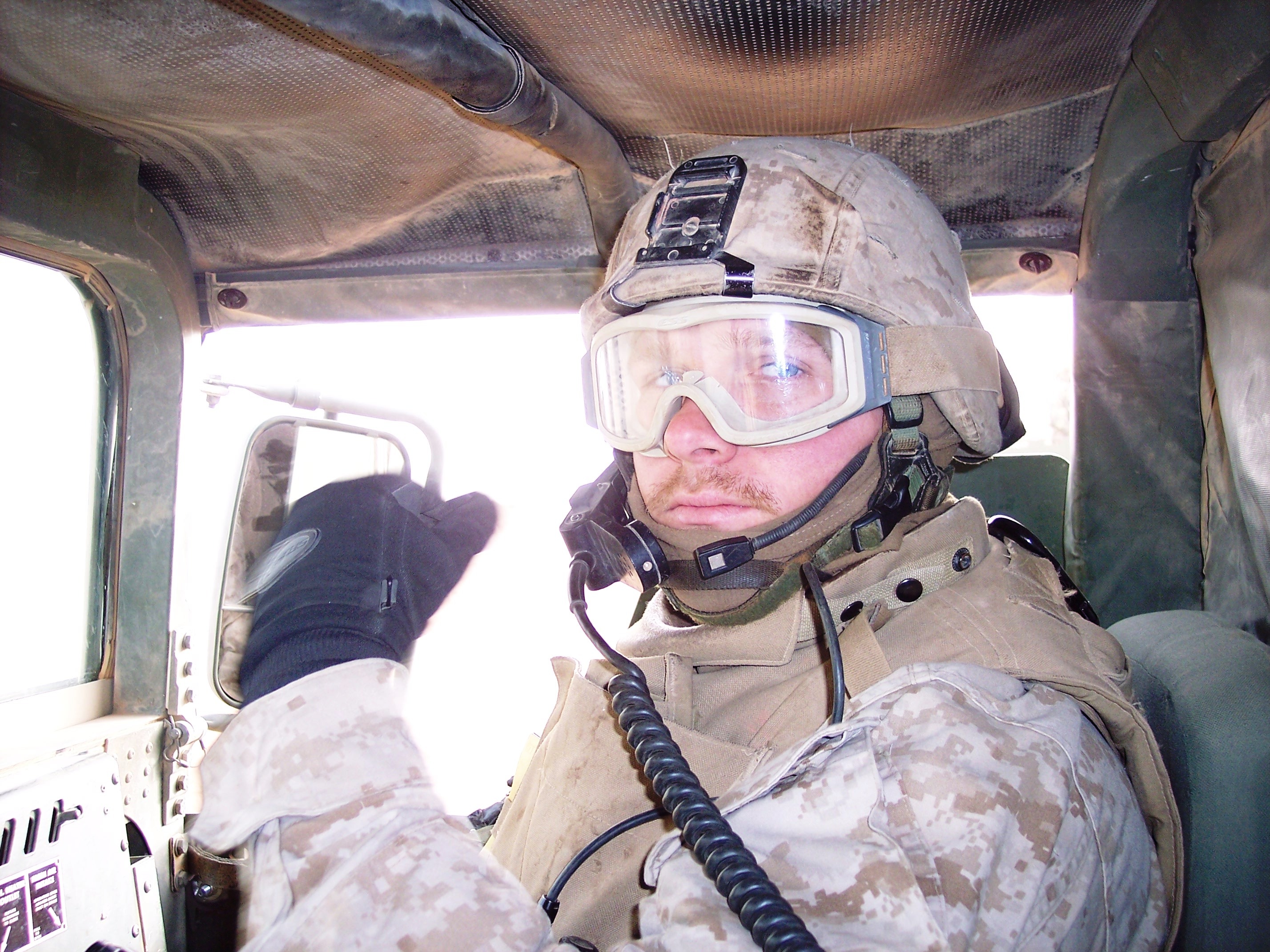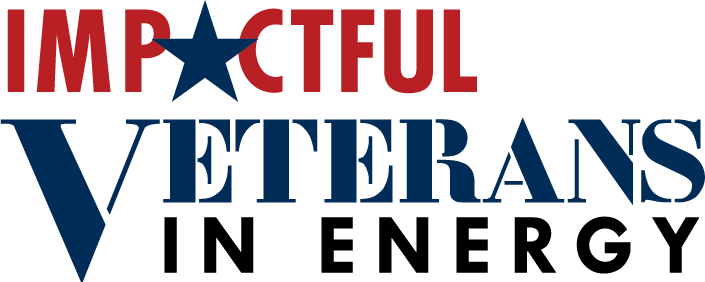John Boerstler
John Boerstler didn’t expect to be where he is today. When he joined the U.S. Marine Corps in he expected he’d be a career Marine, but life often takes unexpected turns, particularly in the midst of war. Ultimately, it was injuries that derailed his military career.
From 2004 to 2005, Sergeant Boerstler served in Iraq during Operation Iraqi Freedom. He also served stints in Kuwait, Syria, Jordan,Djibouti and Kenya.
“I was an infantry man and I got hurt a couple of times. I wasn’t able to continue to serve in uniform,” Boerstler said.
When he returned his native Houston, he faced the challenges many newly separated veterans face: where to go from here. All he really knew at the time was that he wanted to continue to serve the military and the United States.
“I was looking for a way to maintain my service out of uniform,” he said.
After a few public and private work experiences, he said he found his was NextOp, a non-profit that has hired close to 2,000 veterans in Houston into mostly the energy businesses over the last few years. He became a lifelong veteran’s advocate.
He worked at NextOp, shaping the program, and building pipelines for veterans to be able to go from the military to the energy business. “That’s what allowed me to continue my service,” he said.
He has since moved on to become the CEO of Combined Arms, a collaborative impact organization that is using technology and service delivery to disrupt the veteran transition experience. The company says it is “reinventing what it means to serve veterans by creating pathways for them to access resources based on exactly what they’ve asked for, leaving the outdated model of ‘services in silos’ behind.”
“It’s a backbone organization for military and veteran programs in the Houston region,” Boerstler said. It counts 50 veterans organizations among its members.

Through Combined Armes, Boerstler said, “Even though I can’t wear the uniform anymore, I have that purpose, identity and mission that military units have.”
It also serves a way to put his master’s degree from Texas A&M University to good use.
Boerstler said veterans bring several beneficial traits to the energy business. “We’ll show up early, we’ll stay late, we’ll learn things three times as fast,” he said. “We’ll do things safely, and we’ll do things respectfully, as we do it in the military.”
He also pointed to the technological orientation of all things military, making for a tech-savvy group of potential workers. “In the military, nothing’s analog anymore. It’s all digital, just like it is in the energy business.
“They come with many of these skills and traits that their counterparts might not have.”

